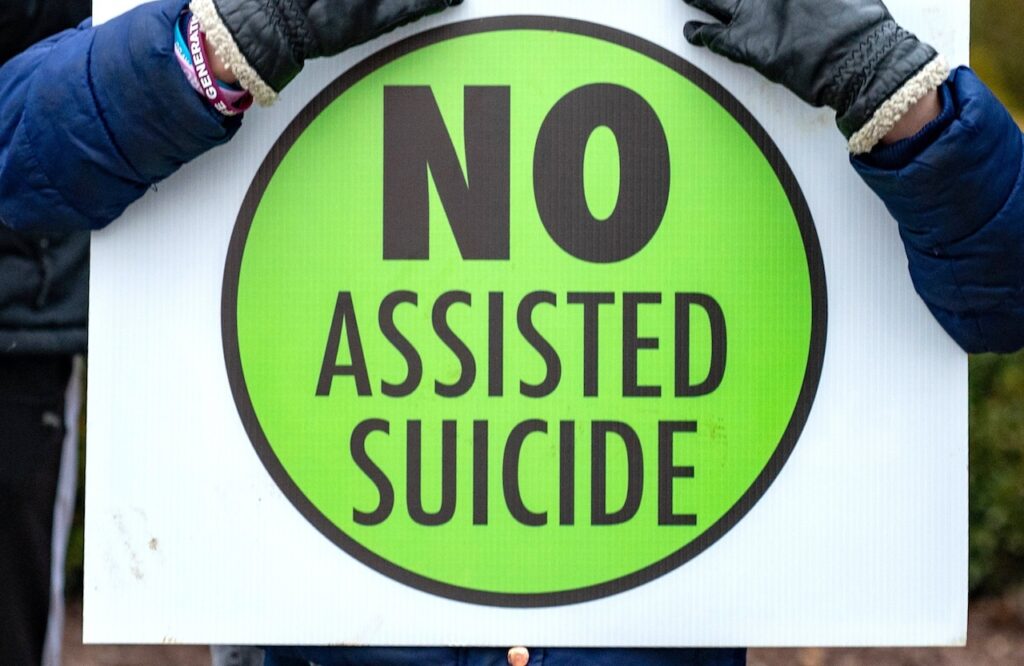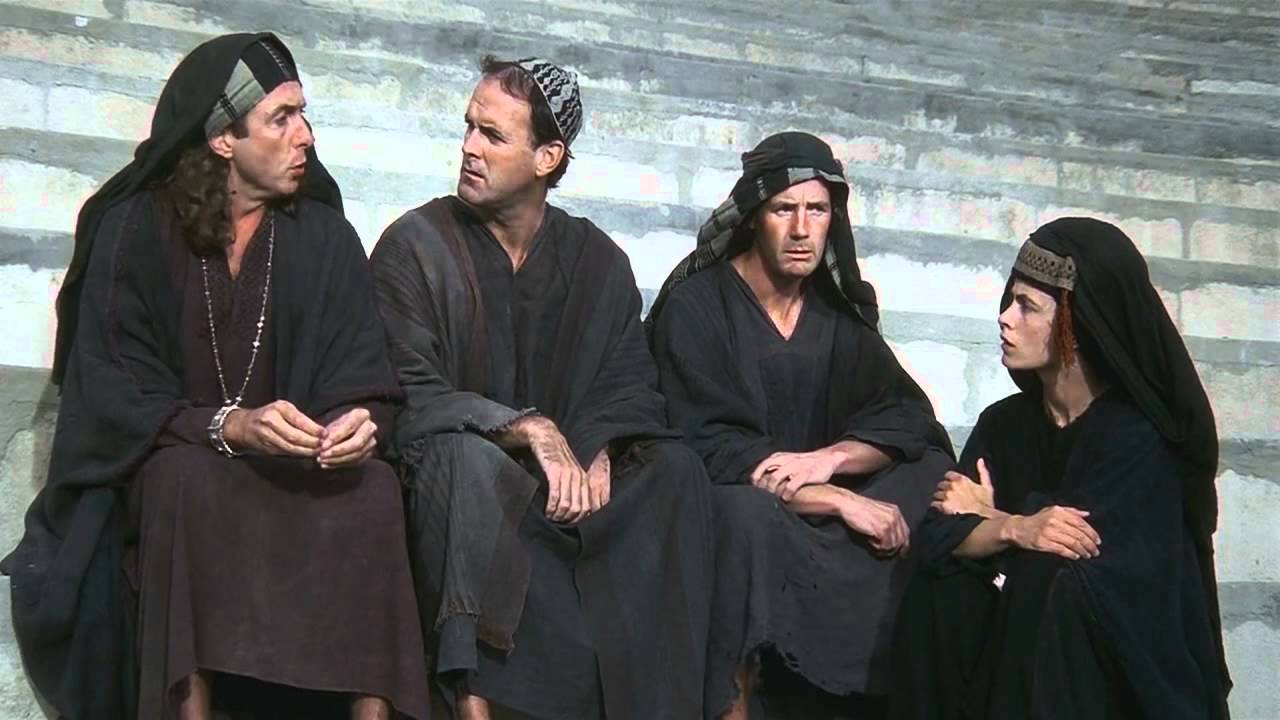The year was 1988. My English GCSE class was informed by our teacher, Mrs Sced, that we would be introduced to a film concerning the moral dilemma of the right to die, which we were expected to subsequently write a film review about. The film was called ‘Whose Life is it Anyway?’ Even at that stage in my childhood I had been a total ‘Jaws’ fanatic for some seven years, so was well acquainted with the film’s lead actor, Richard Dreyfuss. Dreyfuss plays Ken Harrison, a talented Boston sculptor involved in a horrific car accident with a runaway truck. Among Harrison’s numerous life-threatening injuries is a broken neck. With his spinal cord severed, Harrison is condemned to spend the rest of his life as a quadriplegic – unable to move any part of his body other than his head. He suffers no brain damage and most of the rest of his body eventually heals, leaving a highly intelligent and obviously talented man cursed with the inability to use his limbs independently. Eventually, after realising he can never have any tangible life quality again, he asks the hospital administrator Dr Emerson (played by the great John Cassavetes) to be discharged from treatment. Harrison is now dependent on dialysis, so would die in a short space of time without undergoing dialysis treatment. Emerson staunchly opposes such a move, leaving Harrison seeking legal recourse for his right to make decisions about his own treatment (or lack thereof). After a court session within the grounds of the hospital itself, a judge ultimately sides with Harrison. The film ends with Harrison being made comfortable in his own bed and at peace with his own decision, awaiting – with palliative care – his body to eventually give up. I would suggest anyone who can watch this movie without crying is one very cold-hearted individual.
My concern with ‘Whose Life is it Anyway?’ (WLIIA) is the interpretation many film critics have made over the years. They think this is a film about euthanasia and it is not! Euthanasia, broadly speaking, describes the situation where a person is asking for assistance to die directly from another individual. This is usually by way of injecting a life-ending drug intravenously, or being prescribed a course of medication they must then take in order to kill themselves. I would strenuously argue WLIIA is primarily about the concept of dignity in death combined with the necessity of good palliative care which, it is inferred, Ken Harrison will go on to receive. I have nothing against death in such circumstances. Indeed my own grandmother, after being told she had metastatic throat cancer and was no longer able to swallow, made her feelings about the consequential need for a tracheostomy crystal clear: she did not want one. Being of sound mind, the hospital acceded to her request and she effectively starved and dehydrated herself to death in May 2004. The hospital’s role was to provide sufficient palliative care so that she did not suffer any pain as she deteriorated and eventually passed away. People have been making choices like that since time immemorial; there is nothing novel about it and it certainly doesn’t require legislative intervention to validate the concept.
However, what is being proposed by this appalling government’s assisted dying bill is something at another level. So whilst I can totally understand and respect the wishes of the fictional Ken Harrison and my own grandparent, I cannot support what has recently been endorsed Parliament. Harrison actually tells Dr Emerson: “I am not asking you to kill me. I am asking you to discharge me from this hospital.” Therein lies the crucial difference. What Starmer and his cronies are supporting is direct state intervention (albeit at personal request) in the premature termination of a person’s mortal existence. For me, that should never be something within the legal remit of the state. Thirty years ago I supported the death penalty. Now, I oppose it. Why? For precisely the same reason as I’ve outline above. Namely the concept of state intervention on the existential course of mortality. Some of you might find someone as firmly on the political Right as myself to have something of a surprising stance on capital punishment, but I am what I am. Although I will say at this point that I also believe that, in the vast majority of cases, life should mean life!!
So why am I vehemently opposed to assisted dying? For all sorts of reasons. The first relates to the intertwined dangers of Parliament’s unfettered right to change laws in the future, coupled with attitudinal changes on the value of life itself. What was acceptable once in this country is no longer acceptable now, and vice-versa. Take the 1967 Abortion Act. Whoever thought an act whose original criteria for the termination of embryonic life were highly restrictive would, less than 30 years later, effectively become akin to a human garbage disposal service because Kimberly (pissed out of her head after a night out at the Spanky McDangles nightclub) and Jaxxon (far too horny or immature to think about putting something on the end of it) had a five-minute dalliance in the alleyway behind Tesco’s, and are far too selfish to face up to the consequences of bringing a healthy life into the world? What is to stop laws empowering people to consider assisted dying today being manipulated or changed radically in the years ahead if a societal culture has been created whereby those who perceive themselves to be a burden think it’s best to end life with state assistance? Why would hospitals feel the need to provide palliative care if the financially-easier option is to persuade those of a certain emotional ilk to call time before nature (or God if you prefer) intends? To my mind, all this assisted dying talk and parliamentary process is doing is softening up society to the concept of state-sanctioned suicide. The proverb, ‘The road to hell is paved with good intentions’ is highly relevant here. Although I will end by saying it is a road more likely to be paved with many broken slabs.




































